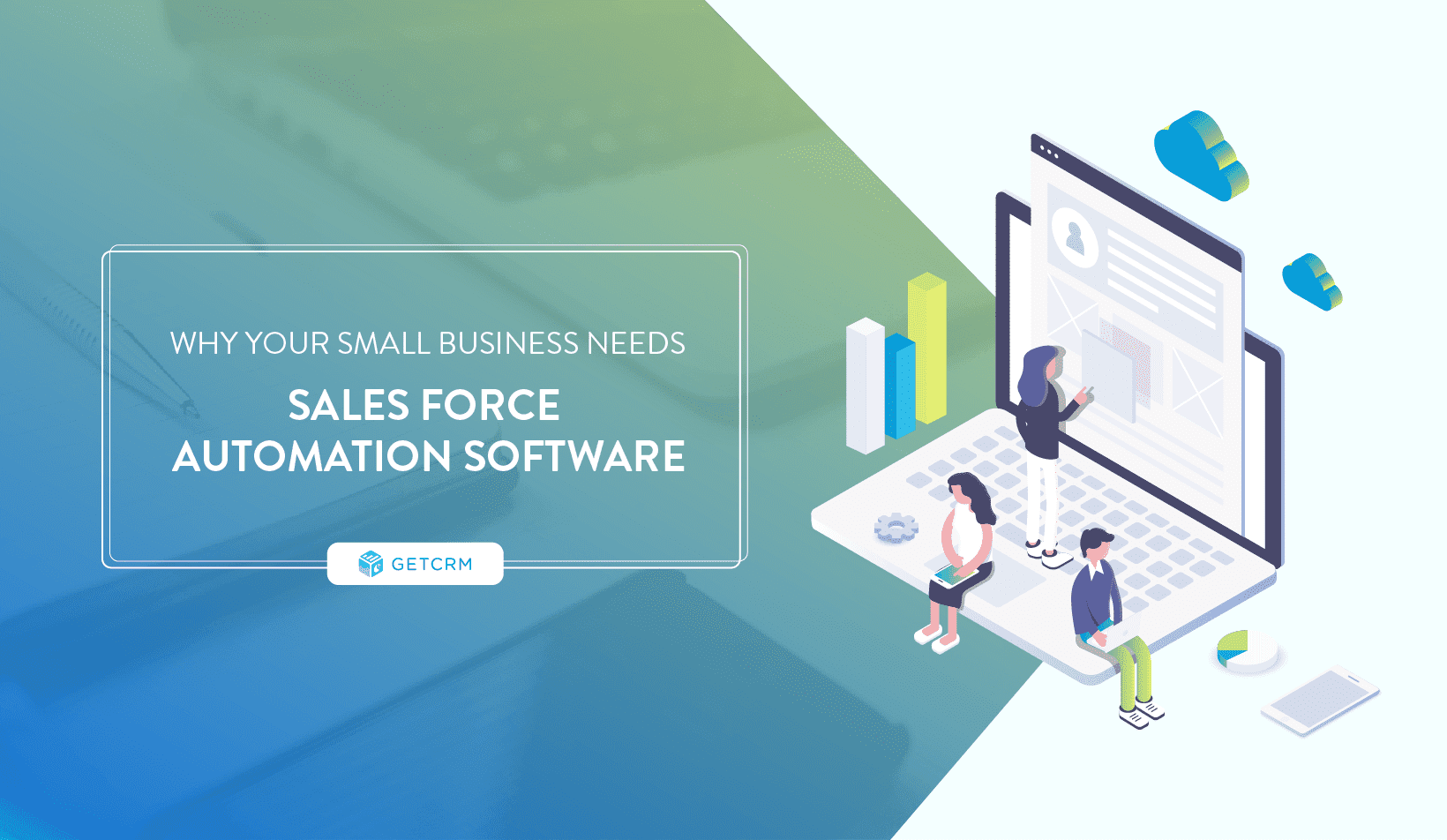Customer relationship management (CRM) tools can provide online businesses with a variety of methods to optimize site operations and improve the experiences their visitors and buyers have with them. One such tool is marketing automation. This blanket term can refer to any software capable of being set to regularly perform marketing-related tasks so that people do not have to do so themselves.
Any online retailer that does not already utilize some kind of marketing automation software may be reluctant to use them. However, whether you run a small business, a large one, or somewhere in between, you may receive a number of benefits from this technology.
Here are a few reasons why marketing automation makes sense for your ecommerce business.
Marketing Automation Means Needing Less Labor
Marketing automation is just one example of the many products of the Digital Revolution. Much like the Industrial Revolution that preceded it, this wave of technological advancements has produced – and continues to produce – innovative tools that greatly simplify work and decrease the amount of labor needed to complete a task. This has only become more pronounced in the present, as newer computers, programs, and software make significant improvements on older versions. Endeavors that once required hours or even days to perform manually can now be done in minutes, if not almost instantaneously.
Marketing automation software is part of this trend. It exists for the purpose of handling the most repetitive processes of operating an ecommerce business. Examples of the sort of “busy work” that marketing automation software can perform include, but are not limited to:
- Distribution of targeted marketing emails
- Customer onboarding
- Website tracking
- Coordination of multichannel marketing campaigns
- Analysis of site performance and shopping data
In the past, people had to do some of these tasks manually every single time, on top of all their other duties – and other tasks were impractical or outright impossible. Now, thanks to the wonders of the Digital Revolution and its accompanying technologies, we have software capable of completing all of these tasks routinely and automatically.
With these tools at their disposal, people no longer have to exert themselves on many of the more tedious and difficult chores in their line of work. Plus, between the machines doing the busy work and the employees doing everything else, ecommerce businesses can accomplish far more than ever before, and with less labor needed.
Needing Less Labor Means Wasting Less Time
In addition to exhausting a company’s workforce, the menial assignments described above can also drain precious time out of a workday. As we mentioned before, the kinds of tasks that marketing automation software can perform used to take a long time for people to do on their own. By taking on the more tedious labors in place of human beings, marketing automation software relieves employees of what could potentially be a significant chunk of their schedule. They can then turn their focus from basic operations to more complex tasks like strategy and client relations, all without losing valuable time.
This means less time compiling data and more time on assessing what to do with it. This means less time manually sending promotional emails about the site and more time on making it the best site it can be. Moreover, this means they can devote more time to the more creative responsibilities and tasks – the ones that require the kind of thinking of which computers are not capable. To give just a few examples, these include:
- Modernizing the website design (here is a good guide on how to build an ecommerce website)
- Optimizing the customer experience
- Streamlining the check-out process
- Publishing blogs and other content
- Developing marketing strategies
Some people may not think that software like this is much of a fit for their company because they believe that at most, they will only gain minutes of time each day. However, those saved minutes gained can eventually add up to hours, and those saved hours can eventually add up to days. If one just thinks beyond a single day and looks at the bigger picture, they will find that each extra moment can help them accomplish their goals sooner than they would have otherwise. We believe that when it comes to productivity, every little bit of the workday matters.
Wasting Less Time Means Saving More Money
As we wrote earlier, dividing the work between computers and employees means that less labor is required to get more work done each day. This also applies to finances: if a company can achieve more with fewer resources, it follows that they will not just save more in expenses, but gain more revenue. Marketing automation software is no exception, especially because such systems are particularly adept at generating leads and running promotional campaigns.
Of course, acquiring this kind of software is, itself, an expense that a retailer would have to take into account for their budget. With that said, it is also true that marketing automation has the power to lower operational costs, increase the number of visitors to your site, and bump up conversions. Given all the benefits that a solid marketing automation tool can bring, ecommerce businesses may find that their investment will pay for itself sooner than they expect.
Moreover, this is an expense that more and more online businesses have chosen to pay, and one that has paid off for many of them. According to a 2013 study by Position², “63% of companies that are outgrowing their competitors use integrated marketing automation.” Another 78% of companies considered “high-performing marketers” claimed that using this software was a major contributor to their increased success and ecommerce business valuation. It seems that in 2018, utilizing this type of tool – and other CRM tools, for the matter – is competitive, and perhaps even necessary.
Implementing Marketing Automation Tools
Given all the advantages that marketing automation can provide, it is no wonder that ecommerce businesses are increasingly turning to these solutions as part of their marketing strategy. Thankfully, it is never too late for you to integrate new technology and optimize not just your lead generation and marketing campaigns, but your company’s web presence and customer experience.
That means that when trying to decide which ecommerce platform you should use when you start an online store, you should definitely factor in the marketing automation tools they provide. Some aspects you may want to consider are the following:
- Do their features include autoresponders and automation rules? If so, how much are these features capable of doing? Many platforms offer them, but be advised that some allow you to do far less than others. You should also check to see if implementing these features is simple and straightforward, or needlessly complicated.
- What other sales automation features do they offer besides the basics mentioned above? Would you be able to initiate Smart Categories, which analyze and classify products without human input, or schedule exports of your store’s CSV files so that they send on their own? Are there any tools that can save abandoned carts, or automate the sending of orders to dropshipping suppliers? Look for a platform with features that would streamline the day-to-day operation of your dropshipping business.
- Does the platform let you integrate with apps that provide still more assistance with automation? A few examples, among many others, include Zapier, Hubspot, Drip, and MailChimp.
Remember, your ability to implement marketing automation depends heavily on what your website’s ecommerce platform allows you to do. If you choose a platform with extensive automation features, you can save labor, time, and expenses, making the running of your company more efficient than ever before.
About the Author
Gonzalo Gil is the founder and CEO of 3dcart, a leading ecommerce platform that has helped online retailers boost their site traffic and sales since 1997. In addition to overseeing daily operations at the 3dcart headquarters, Gonzalo likes using his passion for programming to assist his partners or just enjoy himself.



